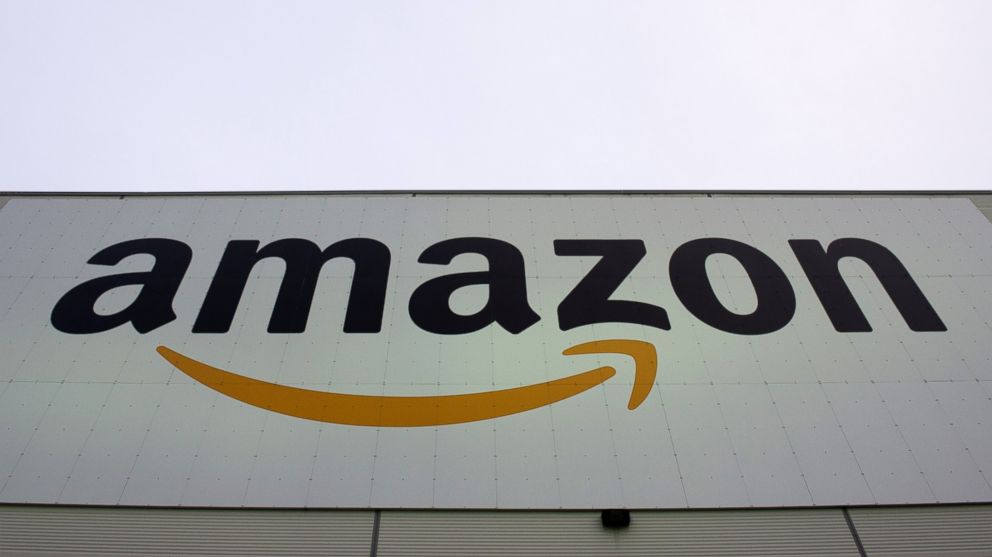Amazon's E-Book Distribution Contracts Under Investigation by European Commission
Why European Union regulators are looking into Amazon's electronic book store.

— -- Amazon's e-book distribution agreements with publishers are under investigation by the European Commission over allegations the e-commerce giant may have engaged in anti-competitive behavior.
At issue are certain clauses in Amazon's contracts with publishers requiring them to tell Amazon about more favorable terms and conditions they may offer competitors, according to the European Commission, and another clause stating publishers must offer Amazon a deal at least matching the competition.
Amazon, the largest e-book distributor in Europe, denied today that it engaged in anti-competitive behavior and said its focus was putting its customers first.
"Amazon is confident that our agreements with publishers are legal and in the best interests of readers," an Amazon spokesperson told ABC News in an email. "We look forward to demonstrating this to the Commission as we cooperate fully during this process."
Under the European Commission's rules, there is no legal deadline to complete the investigation.
Margrethe Vestager, the commissioner in charge of competition policy, said the probe would focus on whether Amazon's agreements with publishers are "preventing other e-book distributors from innovating and competing effectively with Amazon."
"Our investigation will show if such concerns are justified," she said in a statement.
It's not the first time the European Commission has probed the e-book marketplace. In 2011, regulators investigated Apple, along with publishers Penguin Random House, Hachette Livres, Simon & Schuster, HarperCollins and Georg von Holtzbrinck Verlagsgruppe over concerns of possible collusion to limit retail price competition.
The probe led to the companies offering commitments in December 2012 and July 2013 to address the European Commission's concerns, according to bulletins posted on commission's website.




